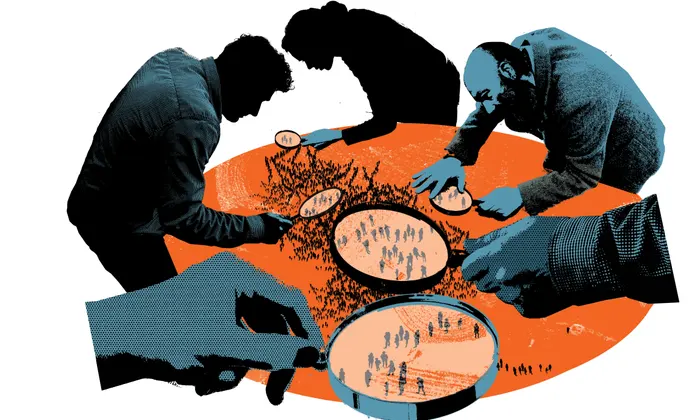The Rise of Populism and its Implications for Democracy
Populism has emerged as a significant political phenomenon in recent years, with leaders and movements espousing populist ideologies and garnering significant support.
Populism is a political ideology that emphasizes the interests and views of ordinary people over those of the elite and establishment. In this essay, I will explore the rise of populism and its implications for democracy.
One of the key drivers of the rise of populism is the erosion of trust in political institutions and elites. Populist movements and leaders often exploit this distrust by positioning themselves as outsiders who can challenge the status quo and bring about real change.

This can be particularly appealing to those who feel left behind or marginalized by mainstream politics.
The rise of populism is linked to economic and social factors like income inequality, globalization, also cultural change.
Populist movements and leaders appeal to those negatively impacted, promising to address their concerns and grievances.
The implications of the rise of populism for democracy are significant. Populist movements and leaders often reject the traditional norms and institutions of democracy, such as independent media. The rule of law, and checks and balances.
They position themselves as the sole voice of the people, and their rhetoric often includes attacks on minorities, immigrants, and other marginalized groups.
Furthermore, populism can lead to a polarized and divisive political discourse, where compromise and consensus-building are viewed as weaknesses.
This can make it challenging to address complex social, economic, and political issues also can lead to a breakdown in democratic governance.
The rise of populism can also lead to a decline in political participation and engagement. Populist movements and leaders often emphasize quick and simple solutions to complex problems. Which can discourage citizens from engaging in the democratic process and deliberating on policy issues.
Moreover, the rise of populism can pose a threat to human rights and democratic values. Populist movements and leaders often prioritize the majority’s interests over minority rights, eroding human rights and democratic norms.
To address the implications of the rise of populism for democracy, several measures can be taken. One of the most significant measures is to promote greater political education and engagement.
By promoting political education and engagement, citizens can develop the skills necessary to navigate the complex political landscape. Critically evaluate political rhetoric, also participate in the democratic process.
Furthermore, there is a need for greater dialogue and consensus-building among citizens and political leaders. Promoting dialogue and consensus-building enables citizens and political leaders to collaboratively address complex social. Economic, also political issues and foster democratic governance.
Moreover, there is a need to promote greater transparency and accountability in the political system. Promoting transparency and accountability enables citizens to hold political leaders and institutions accountable, ensuring they serve the interests of the general public rather than a select few.
Ultimately, the rise of populism is a complex issue that requires a multifaceted response.
By promoting greater political education and engagement, dialogue, consensus-building, and transparency and accountability in the political system. We can ensure that democracy remains a functioning and legitimate system that serves the interests of all citizens.
Conclusion
The rise of populism poses significant challenges to democracy, including eroding trust in political institutions and elites. Fostering polarization and divisiveness, and reducing political participation and engagement.
To address challenges, we can take measures like promoting political education, engagement, dialogue, consensus-building, transparency, and accountability in the political system. This ensures a functioning and legitimate democracy that serves the interests of all citizens. 카지노사이트

